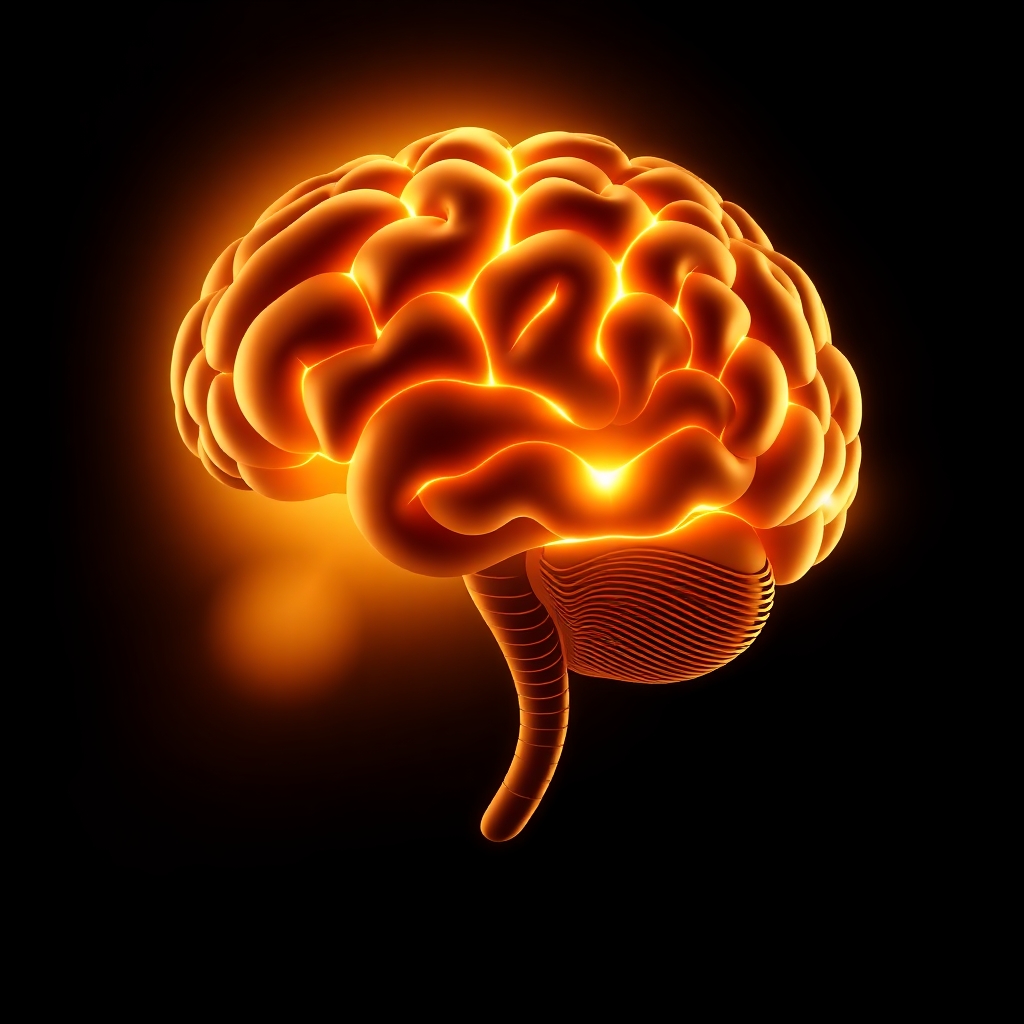Schedule Your Child’s School Vaccinations Now: Beat the Back-to-School Rush
our child’s ability to attend school this fall may depend on completing required vaccinations before enrollment deadlines. State laws mandate specific immunizations to protect students and communities from preventable diseases, and schools cannot legally admit unvaccinated children without proper documentation or approved exemptions.
The urgency extends beyond legal compliance. Pediatric offices and health clinics experience significant demand during back-to-school season, often booking appointments weeks in advance.









